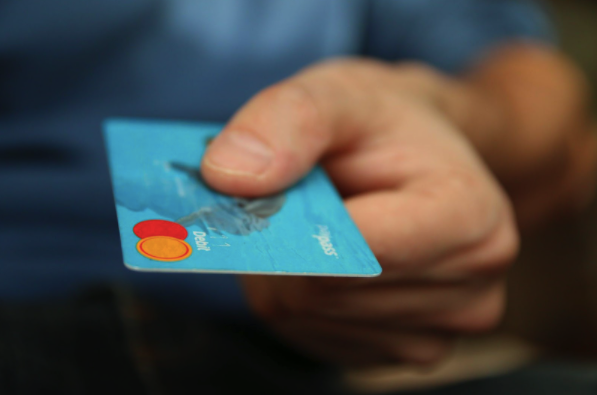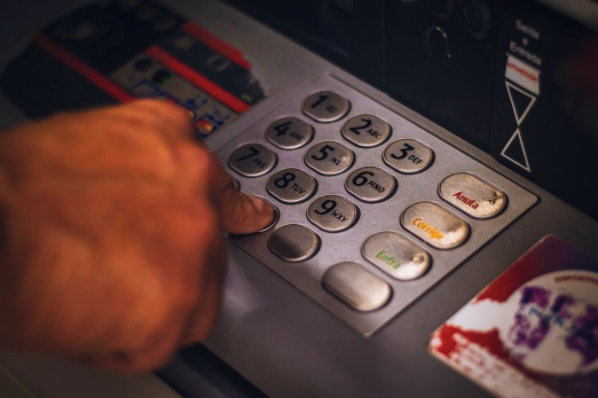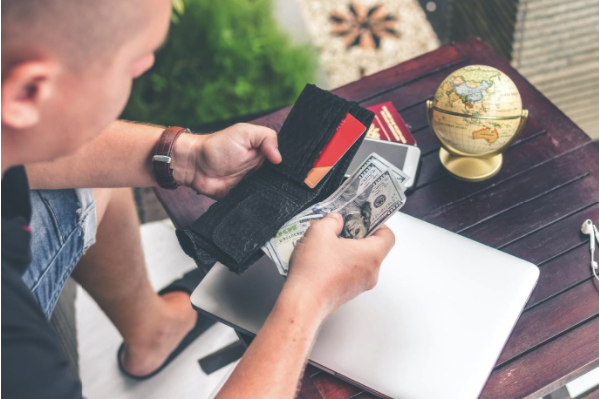Bank fraud occurs in many different ways, but who is really liable if a financial hacker comes to call? Find out, here…
COVID-19 has brought with it lots of unwanted tension, anxiety and stress. One thing which is now constantly on peoples’ minds is our cyber security. In particular, rising cases in bank fraud demonstrate to us how we need to be extremely vigilant about where our personal details are made available.
When we talk about bank fraud and financial hacking, one question always lingers: who is liable? Customers are likely to expect their bank to compensate them for this data breach, but it’s not always so easy.
In this article, we’re going to be talking a little more about what exactly bank fraud is, and the different types out there. We’ll then be going into more detail about who is liable, be it you, your bank, or the fraudster. So, to find out what you’re entitled to as a customer, read on…
What is Bank Fraud?
Bank fraud is a terrifying reality of today’s world. Now, not only do you have to look out for dangers on the streets, you also have to be looking for them in your home too, through your devices.
So, what exactly is the definition of bank fraud? The short answer to this question is that if money has been taken out of your bank account without your consent, you have been a victim of bank fraud.
The long version can be better described through discussing the different types of bank fraud, which we’ll discuss in more detail now…
Types of Bank Frauds
Knowing your bank fraud is paramount to surviving in this world of hackers, scammers, fraudsters, and thieves. Some of the classic types of bank fraud cases, wherein someone steals your money, include:
- Someone pretending to call from your bank:
somebody may call you impersonating your bank and asking you to move money to a different account for safety reasons.
- Someone pretending to email/text from your bank:
scammers may also target you through phishing emails from your bank, encouraging you to click on a link to solve a problem or gain information.
- Someone pretending to be you:
alternatively, fraudsters may attempt to impersonate you – the account holder – and call up your bank to request changes to your bank account. This might be to move money to a different account, or to change elements of your bank details to commit identity fraud.
- Password hacking:
someone may simply hack into you bank accounts through guessing your passwords.
- Phone jacking:
sometimes, a person can hack into your mobile phone and view your activity, which may help them to gain valuable information about you to log into your bank or steal your identity.
- Identity theft:
some people may use your identity, including your name and address, to set up false accounts. They may then use these accounts to buy goods and services, or even use your credit for loans.
- Theft:
somebody may steal your bank card from your person and use it to purchase something. They may even steal your card while it’s in transit, or steal your card details and clone your card for use.
Who is Liable for Bank Fraud?
As you can probably tell from the above examples, the lines are often blurred in terms of who is liable for these crimes. You would immediately expect the criminal themselves to be responsible, however, these criminals often can’t be tracked, leaving either the bank or the customer liable.
When is the Bank Liable?
If money is stolen from a customer’s account through fraud, the bank is liable if they are deemed negligent in terms of counteracting the fraud. Ultimately, there should be processes in place for these scammers to be recognised. So, if they’re not, it’s clear that there’s a failure in the bank’s system and processes which allowed this to go unchecked.
The law stands that a customer who becomes aware of an unauthorised transaction within 13 months can be refunded by the bank. In this case, they should notify their bank about the payment, and their regulations ensure they will refund them ASAP.
When is a Customer Liable?
That said, there are some occasions wherein the bank does not have to pay up. Although you can report these cases to the Financial Ombudsman Service (FOS), the bank does not legally have to reimburse you if any of these situations apply:
- They can prove that the customer was grossly negligent in any way. The definition of the term “gross negligence” is relatively undetermined, but cannot simply be defined as carelessness. It could include situations where they failed to protect their bank details and gave out their PIN, or ignored advice to be wary of certain scams.
- They can prove that you somehow authorised the transaction yourself.
- The customer left the claim too late (after 13 months).
- The card was used in accordance with the Ts and Cs.
There are also cases where the customer is liable to an extent, but then the bank has to pay their share. For example, if the fraudulent payment occurred due to a lost or stolen card, the customer is only expected to pay the first £35. The bank is then liable to pay the rest, under both the Payment Services Regulations and the Consumer Credit Act.
Will I Get My Stolen Money Back?
As you can see, whether you get your money back depends on whether you or the bank are deemed reliable. In many cases, your bank will refund you any stolen funds, by law, and will aim to do this as soon as possible; preferably by the end of the next working day.
If your card was used to make payments online or in store without your consent, you are protected under the Payment Services Regulations and Consumer Credit Act to get your money refunded. In these cases, you are expected to report the card stolen or lost before you are made liable to pay some of the losses, as discussed above. If reported quickly, especially with credit cards, this fine might be waived, and you will be completely compensated.
However, if they have reason to believe you were grossly negligent, acted fraudulently yourself, or compromise your account security, they may delay this payment until they’ve investigated properly. This should be completed within the next couple of days.
If the bank refuses to pay you back, and you’ve gone through the channels we mentioned above, there are other avenues. For example, if you have an indication as to who was behind the attack, you might be able to take them to court. That said, catching these criminals is often very tricky, as they usually commit these crimes overseas.
Be Wary About Financial Hackers!
The thought of being targeted by a financial scammer in this way is pretty terrifying. After all, you probably can’t even count the amount of times you’ve entered your details online somewhere. Who knows where they may be, and who might have access to them!?
Ultimately, if you’ve been targeted by a scammer and have fallen for it, the best thing to do is to act fast, informing your bank ASAP. That said, to ensure this never happens to you, be sure to remain vigilant, and always contact your bank personally if you notice any suspicious activity, or are contacted by someone strange.
Have you been a victim of bank fraud? Be sure to let us know your story, and whether you or your bank were held liable, down below.


